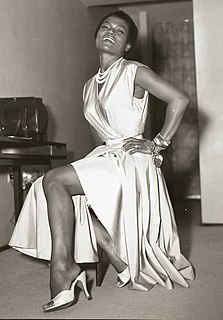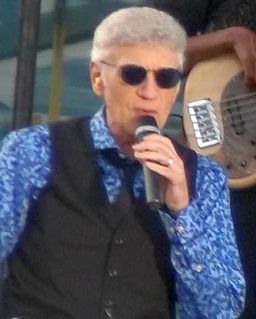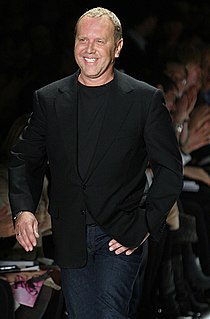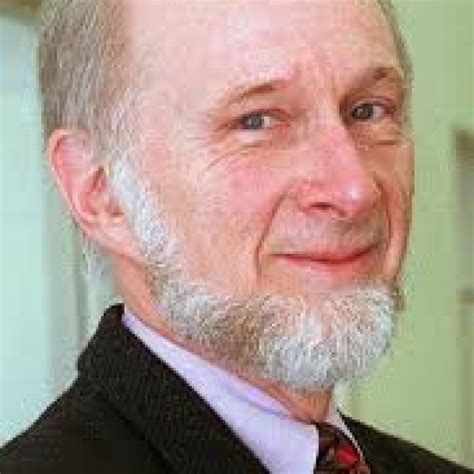A Quote by Johnny Cash
The hardest thing for me in Vietnam wasn't seeing the wounded and dead. It was watching the big transport jets come in, bringing loads of fresh new boys for the war.
Related Quotes
Most of us who were opposed to the war, especially in the early '60's - the war we were opposed to was the war on South Vietnam which destroyed South Vietnam's rural society. The South was devastated. But now anyone who opposed this atrocity is regarded as having defended North Vietnam. And that's part of the effort to present the war as if it were a war between South Vietnam and North Vietnam with the United States helping the South. Of course it's fabrication. But it's "official truth" now.
My brother-in-law, Chuck, whom I have known since we were teenagers, is a disabled veteran who was wounded while fighting with the marines in Vietnam. I've been around to observe how the war affected his life and the problems that veterans have, and I knew for a long time that I wanted to write a song about Vietnam.
One of the lessons learned during the Vietnam War was that the depiction of wounded soldiers, of coffins stacked higher than their living guards, had a negative effect on the viewing public. The military in Iraq specifically banned the photographing of wounded soldiers and coffins, thus sanitizing this terrible and bloody conflict.
I think that the war on drugs is domestic Vietnam. And didn't we learn from Vietnam that, at a certain point in the war, we should stop and rethink our strategy, ask ``Why are we here, what are we doing, what's succeeded, what's failed?'' And we ought to do that with the domestic Vietnam, which is the war on drugs.
We in politics are accustomed to seeing reality firsthand and then watching its distant cousin, events as portrayed by the media, unfold on our televisions. We know that what happened in Congress and what is reported to have taken place are two very different things. But that disjuncture, so familiar to politicians, is new to the viewing public. By seeing war and war coverage juxtaposed nightly on their screens, Americans have learned the crucial lesson: not to trust the news anchors.
I have seen war. I have seen war on land and sea. I have seen blood running from the wounded. I have seen men coughing out their gassed lungs. I have seen the dead in the mud. I have seen cities destroyed. I have seen 200 limping, exhausted men come out of line—the survivors of a regiment of 1,000 that went forward 48 hours before. I have seen children starving. I have seen the agony of mothers and wives. I hate war.
I was arrested 1965. I had come back from the merchant marines, got into conversations about the war. I had never heard of Vietnam until I was in the merchant marines in constitution square in Athens, and I picked up the New York Herald or the International Herald Tribune and there was my first introduction of the word Vietnam.



































